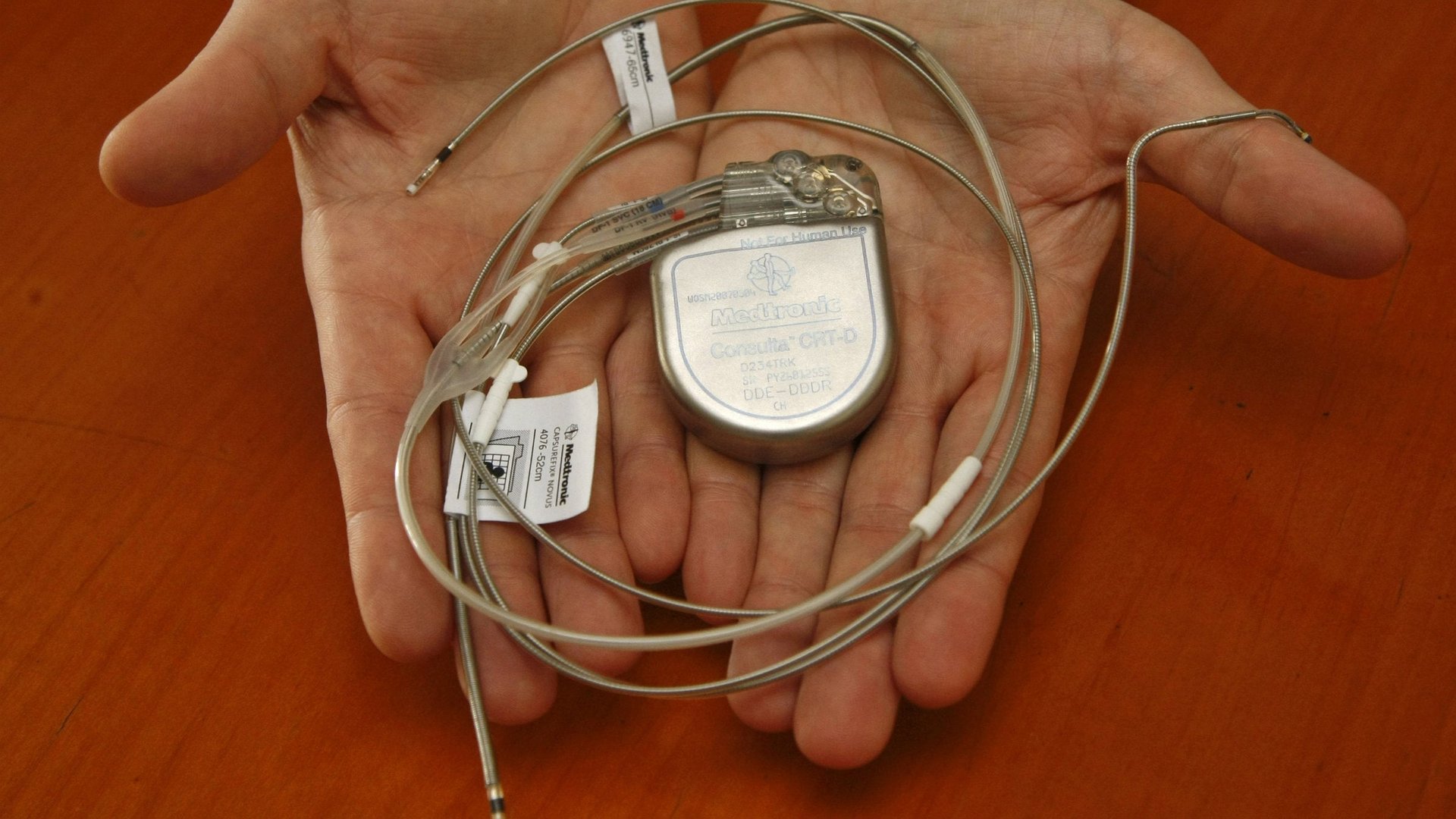The medical device industry is trying to turn the US government shutdown to its advantage
A government shutdown isn’t good for business: It hurts confidence and dings the bottom line. But one industry spent the weekend trying to paint a silver lining on a dark cloud: Medical device makers want the engine of a spending compromise to be a gift to their shareholderes.


A government shutdown isn’t good for business: It hurts confidence and dings the bottom line. But one industry spent the weekend trying to paint a silver lining on a dark cloud: Medical device makers want the engine of a spending compromise to be a gift to their shareholderes.
Over the weekend, Republicans in the House rejected an agreement that would avoid a government shutdown. But in an attempt to save face with conservative members, they passed a bill that would impose a one-year delay on new health-care marketplaces that will provide low-income Americans with affordable health insurance. It also included a repeal of the law’s 2.3% sales tax on medical devices, which is expected to raise $30 billion over the next decade to finance the program.
Neither President Obama nor the Senate is likely to accept any delay to the implementation of the health care law. It’s also unlikely they’ll support the repeal of the medical devices tax, part of a suite of similar concessions delivered by other health care stakeholders from pharmaceutical companies to insurers.
But medical device lobbyists are eager to point out that unless House Republican leadership blinks first and allows a clean spending bill to pass with Democratic votes, they’ll want something in a final deal to point to as a win for their side, specifically something related to the health care law.
The medical device industry and its $29 million-a-year lobbying coalition AdvaMed hope that a bipartisan push to repeal the device tax can be the pivot point for a compromise. Repeal of the tax has the backing of liberal lawmakers in Massachusetts and Minnesota, where device companies like Boston Scientific and Medtronic are headquartered. And, like any tax cut, it has the backing of conservatives: Seventy-nine Republican lawmakers signed a letter advocating a repeal of the tax earlier this year that was secretly authored by AdvaMed.
Today’s chasm may be too wide, but just as corporate tax giveaways helped lead to a fiscal cliff compromise, Washington often finds private interests easing the way to compromise.